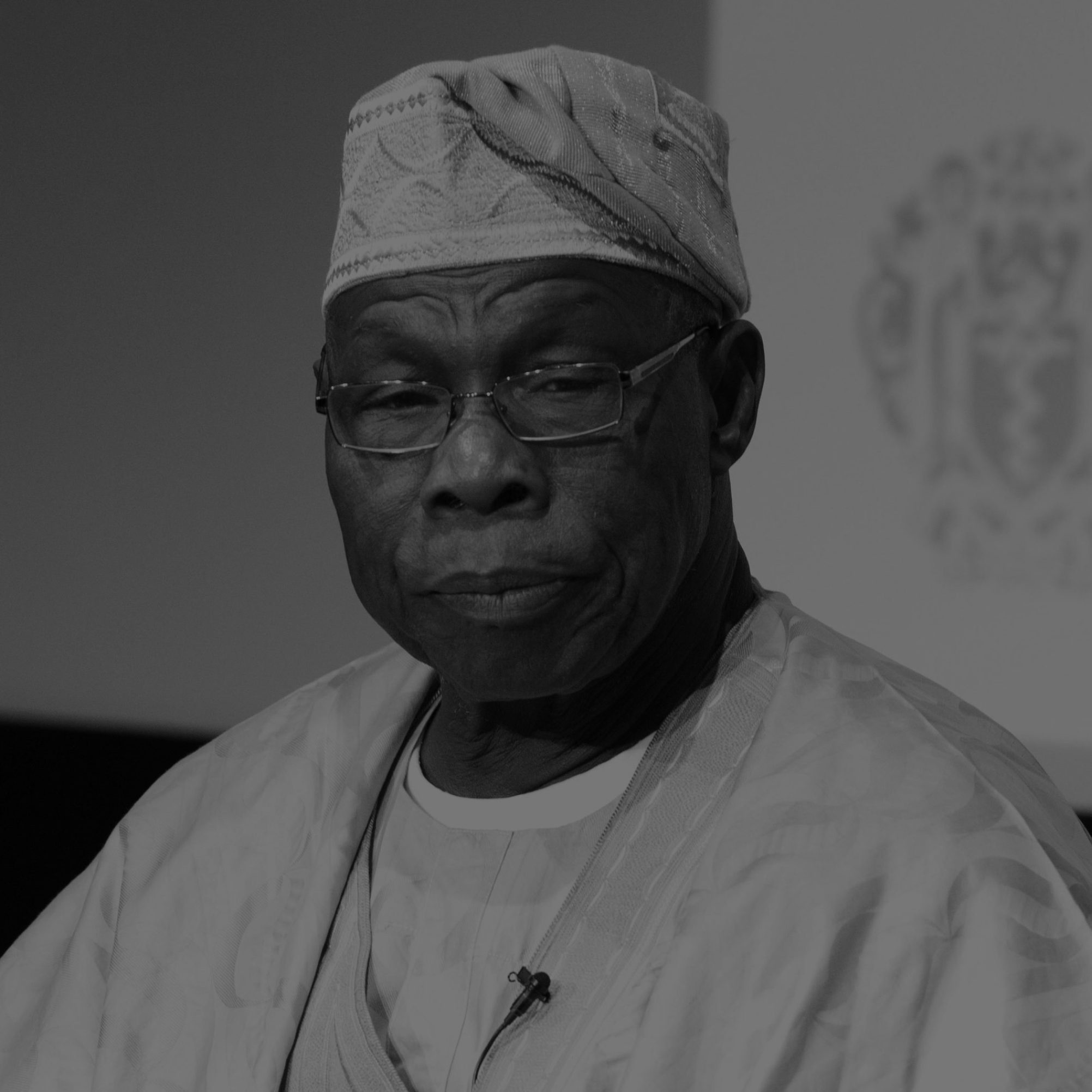Transformational leadership is a style that inspires and motivates followers to achieve extraordinary outcomes. In the African context, understanding and applying the seven principles of transformational leadership is crucial for driving economic growth, social change, and good governance. This article explores these principles, highlighting their relevance through case studies and offering insights into the unique challenges and opportunities faced by African leaders.
The Seven Principles of Transformational Leadership
- Vision
A compelling vision is the cornerstone of transformational leadership. In Africa, leaders who have articulated clear and inspiring visions have catalyzed significant change. Nelson Mandela’s vision of a rainbow nation united South Africa after apartheid, while Kwame Nkrumah’s pan-African dream laid the groundwork for African unity and independence. These visions not only guided their nations but also inspired the continent and the world.
Sidebar:
“Vision without action is merely a dream. Action without vision just passes the time. Vision with action can change the world.” – Nelson Mandela
- Inspiration
Inspiring and motivating followers to achieve greatness is another key principle. Wangari Maathai, the Nobel Peace Prize laureate, inspired millions through her Green Belt Movement, demonstrating the power of grassroots activism. Similarly, William Kamkwamba, the “boy who harnessed the wind,” showcased the potential of innovation and determination, inspiring a generation of young Africans.
Visual Suggestion: A graph showing the impact of the Green Belt Movement on reforestation in Africa.
- Intellectual Stimulation
Encouraging innovation, creativity, and critical thinking is essential for transformational leadership. Patrick Awuah, founder of Ashesi University in Ghana, and Fred Swaniker, founder of the African Leadership Academy, have revolutionized education by fostering environments that nurture intellectual growth and entrepreneurship. Their initiatives have produced leaders equipped to tackle Africa’s complex challenges.
Callout:
“Education is the most powerful weapon which you can use to change the world.” – Nelson Mandela
- Individualized Consideration
Showing genuine concern and support for the needs and feelings of followers builds trust and loyalty. Mo Ibrahim, through his foundation, has championed good governance and leadership in Africa, recognizing the importance of individualized consideration. Graca Machel, an advocate for women’s and children’s rights, exemplifies this principle through her compassionate and inclusive approach to leadership.
- Idealized Influence
Serving as a role model for ethical and moral conduct is crucial in a continent grappling with corruption and poor governance. Desmond Tutu’s unwavering commitment to justice and reconciliation made him a beacon of moral leadership. John Githongo, known for his anti-corruption efforts in Kenya, embodies the principle of idealized influence, inspiring others to uphold integrity and accountability.
Sidebar:
“If you are neutral in situations of injustice, you have chosen the side of the oppressor.” – Desmond Tutu
- Building a Culture of Trust
Fostering open communication, collaboration, and trust is vital for effective leadership. Paul Kagame, President of Rwanda, has transformed the country through policies that promote transparency and accountability. The success of M-Pesa, a mobile money transfer service by Safaricom, highlights the importance of trust in driving innovation and economic growth.
- Encouraging the Heart
Recognizing and rewarding the achievements of followers boosts morale and fosters a culture of excellence. Ory Okolloh, co-founder of Ushahidi, a crowdsourcing platform for crisis response, has encouraged innovation and community engagement. Magatte Wade, founder of Tiossan, a skincare company, has empowered women and promoted African entrepreneurship, embodying the principle of encouraging the heart.
Callout:
“Africa’s future depends on its people, and empowering them is the key to unlocking the continent’s potential.” – Magatte Wade
The Role of Transformational Leadership in Africa’s Growth
Transformational leadership plays a pivotal role in Africa’s economic development, social change, and innovation. Effective leadership drives policy reforms, attracts investment, and promotes entrepreneurship. For instance, the African Continental Free Trade Area (AfCFTA) is a testament to the impact of visionary leadership on economic integration and growth.
Moreover, transformational leadership is instrumental in promoting good governance and addressing socio-economic inequalities. Leaders who prioritize ethical conduct and responsible leadership contribute to building robust institutions and fostering a culture of accountability. The rise of women in leadership roles further underscores the importance of inclusive and diverse leadership in driving Africa’s progress.
Visual Suggestion: A pie chart showing the percentage of women in leadership roles across different African countries.
Challenges and Opportunities
African leaders face unique challenges, including corruption, inadequate infrastructure, and socio-economic inequalities. However, these challenges also present opportunities for transformational leadership. By leveraging technology, promoting sustainability, and investing in education and skills development, African leaders can drive meaningful change.
The COVID-19 pandemic has highlighted the role of leadership in crisis response and resilience. African leaders have demonstrated adaptability and innovation in managing the pandemic, showcasing the potential for transformational leadership in navigating future challenges.
Sidebar:
“The greatest lesson in life is to know that even fools are right sometimes.” – Wole Soyinka
A Call to Action
As Africa continues to evolve, there is a pressing need for leaders who embody the principles of transformational leadership. By adopting and promoting these principles, we can drive economic growth, social change, and good governance.
In the words of Nelson Mandela, “It is our light, not our darkness that most frightens us.” Let us embrace the light of transformational leadership and illuminate the path to Africa’s prosperity.
Visual Suggestion: An inspirational image of Nelson Mandela with the quote overlaid.






